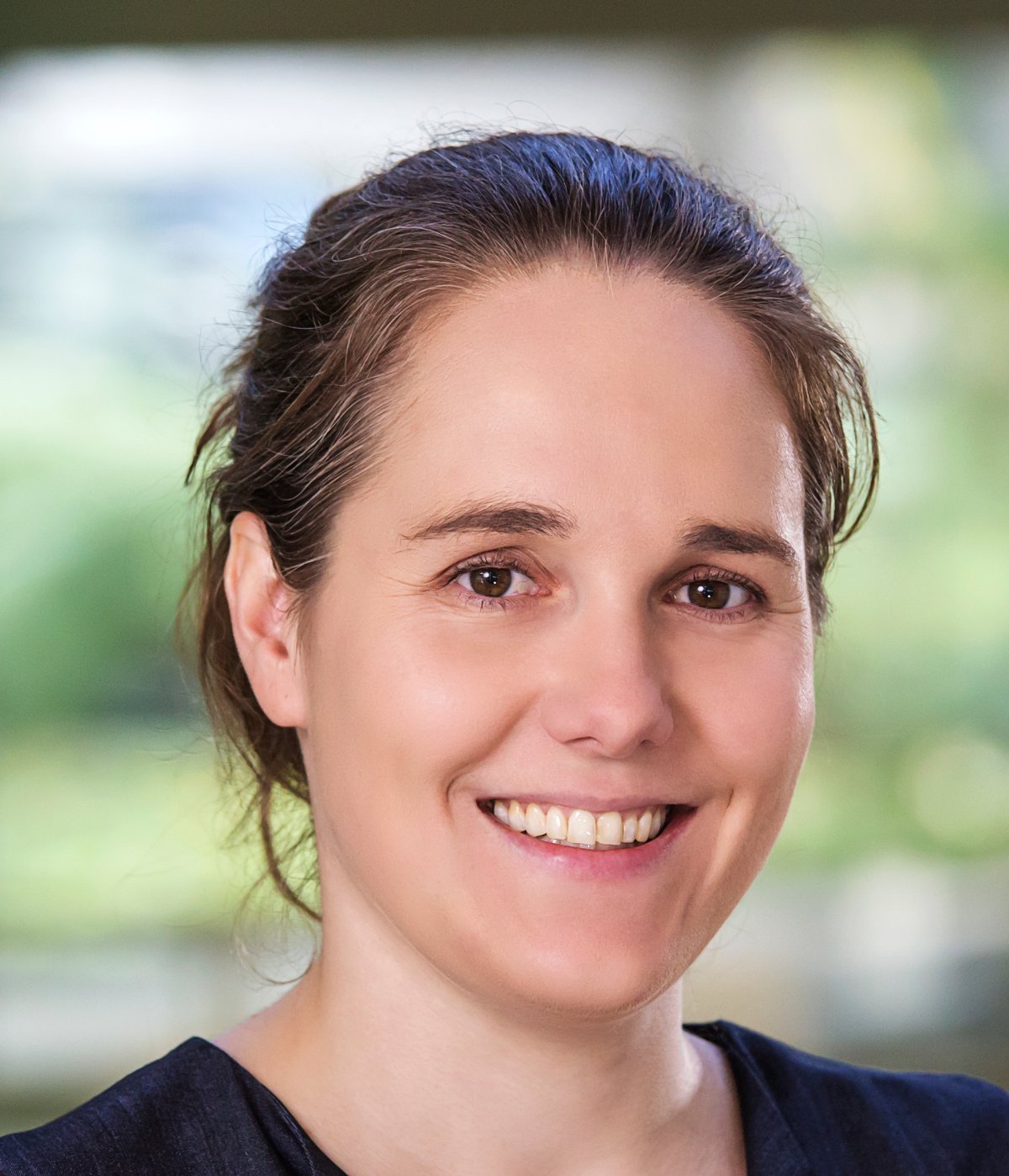Net-Zero Cement Industry by 2050? Potential Pathways Forward
ABSTRACT
It is becoming increasingly evident that anthropogenic CO2 emissions and associated climate change are an emerging threat to our current way of life. Until recently, efforts to decrease these CO2 emissions have largely centered on the energy industry with a concerted push toward green and renewable forms of electricity. However, hard-to-decarbonize heavy industries, including cement, steel, and petrochemicals, account for ~25% of global emissions, where cement alone is responsible for 8%. The majority of cement-related emissions are attributed to two processes: limestone decomposition and combustion of fossil fuels for heating. In this talk, White provides an overview of the main approaches being pursued to reach a net zero cement industry by 2050 and will touch upon the various opportunities and challenges of these cement decarbonization approaches and technologies. White also presents her group’s recent research on alternative cements manufactured using calcined kaolin clay and the route they have taken to further reduce CO2 emissions via careful manipulation of the system chemistry.
SPEAKER
Claire White is an associate professor in the Department of Civil and Environmental Engineering and the Andlinger Center for Energy and the Environment. She completed her graduate studies in 2010 at the University of Melbourne supported by an Australian Postgraduate Award from the Australian government. After receiving her Ph.D., she worked as a postdoctoral researcher at Los Alamos National Laboratory and was awarded a Director’s Postdoctoral Fellowship to research the atomic structure of low-CO2 alkali-activated materials. In 2013 she joined Princeton University. White’s research focuses on understanding and optimizing engineering and environmental materials, including sustainable cements and materials for carbon capture, utilization, and storage. This encompasses enhanced durability of sustainable cements, calcined clay-based alkali-activated cements, magnesium biocements for CO2 storage, low-cost solid sorbents for CO2 capture, fundamentals of silicate mineral dissolution, and aqueous ion interactions with cement phases. This research spans multiple length and time scales, utilizing advanced synchrotron and neutron-based experimental techniques, and atomic and mesoscale simulation methodologies. Professor White is the recipient of a number of awards including an NSF CAREER Award, the RILEM Gustavo Colonnetti Medal, and the Howard B. Wentz Jr. Junior Faculty Award (Princeton University), and was listed on the Princeton Engineering Commendation List for Outstanding Teaching.
